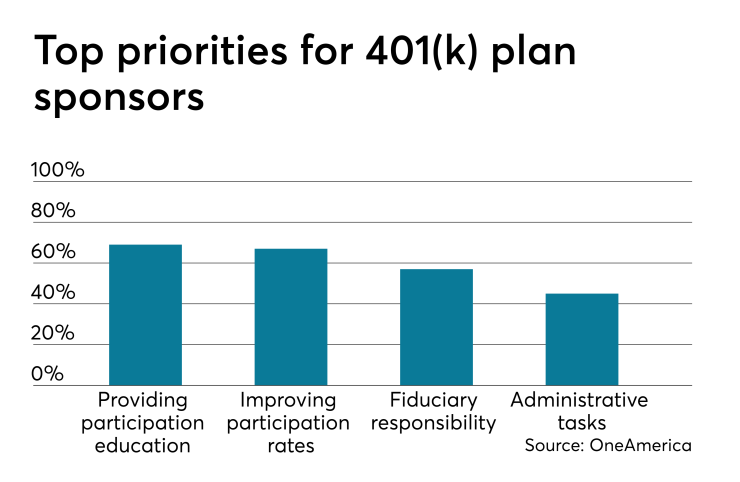No surprise here: Increasing employee participation and engagement in retirement planning is a major concern for clients. According to TIAA research, nearly half of plan sponsors are only somewhat confident in their employees’ retirement futures and one in five say they are not confident. Employers also worry that many of their employees are not saving enough (75%) or are not choosing to participate in their retirement plan (55%).
So what are employers doing to better engage their employees? Although there are a number of motivators for different generations of workers, there’s one smart technique that can make a big difference for millennial employees: gamification.
It’s a great idea: Millennials were the first generation born into a video game playing culture. They are also

Gaming can take many forms in the financial services industry. For example, back in 2012 TIAA launched a pilot of our first game, Financial IQ — the game allows employees to compete against their peers in a series of financial education quizzes. Since then, we’ve built additional versions of Financial IQ with new questions on topics we see are needed based on gaming results, and a customizable version of the game, where clients can build their own questions about their specific retirement plans.
The evolution and customization of the game is a key point because employers use the results to analyze education gaps and build targeted education for employees to help close those gaps. For example, through Financial IQ we learned that millennials were especially motivated by competition, with 50% more clicks to the leaderboard than any other demographic — but even though millennials were the highest repeat users and the most engaged, they scored the lowest on retirement-related topics.
In addition to helping inject fun into tasks like retirement planning, gamification also has proven to be an effective tool to provide plan sponsors with insights into improving their employees’ financial education. This knowledge allows plan sponsors to tailor programs to the needs of their specific employee populations and better design their retirement plans to prepare participants for success.
What makes a gaming program successful? Three top considerations are to identify areas for learning, drive peer-to-peer competition and keep the players coming back. But most importantly, games should inspire employees to take action in the real world. Engaging employees in gaming can drive significantly higher than average action rates, with 28% of Financial IQ participants taking action following the quiz.
Some of our games assign real-world action items, or “missions” to achieve during the game, which can include: setting savings goals with a check-in on their progress 30 days later; looking at a paycheck calculator to see how saving more would impact their take home pay; finding out how much they are saving for retirement in comparison to their peers; and learning how cutting back on expenses like daily coffee and lunch delivery could impact their long-term savings.
Gamification, an industry expected to reach





